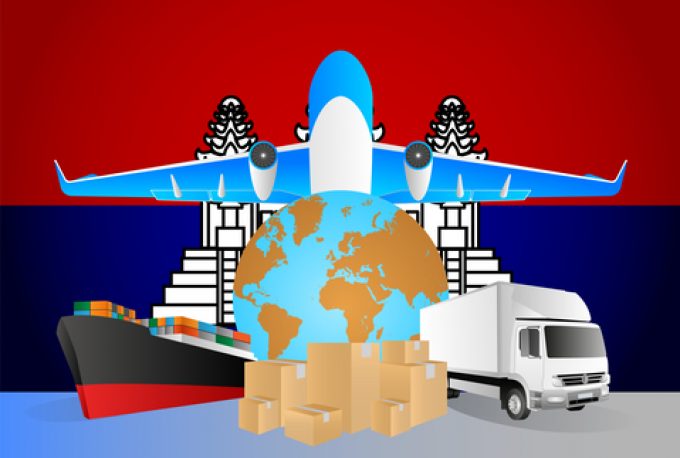U-turn on Canada/Mexico tariff delay – 'drugs still pouring in', says Trump
US president Donald Trump has continued his tariff onslaught, and shippers have been warned that ...

After “severe and systematic” violations of human and labour rights, the EU is to ’tax’ more Cambodian exports – a blow to the country’s forwarders and its apparel industry.
From 12 August, tariffs will be applied to 20% of Cambodia’s exports to the EU, representing around ...
Keep our news independent, by supporting The Loadstar
Four crew members still missing as Wan Hai 503 continues to burn
Explosions and 'out-of-control' fire reported on Wan Hai box ship
Carrier price hikes hold, driving spot rates higher as space gets scarcer
Predatory rivals circle as the ripples from DSV's Schenker buy widen
MSC Elsa crew face criminal probe, as Wan Hai 503 firefighters battle on
'It's driving us mad', say forwarders as US court fails to end tariff turmoil
Transpacific rates ease as capacity boost proves too much for trades to digest

Comment on this article
DC PNH
February 20, 2020 at 7:11 amWell done to the EU for removing employment from tens of thousands of low-paid women while also signing a free trade agreement with Vietnam, a country that doesn’t allow any opposition parties.
Yes
February 21, 2020 at 4:52 amC’mon, Cambodia is a “dictatorship” right now: parties do not matter.